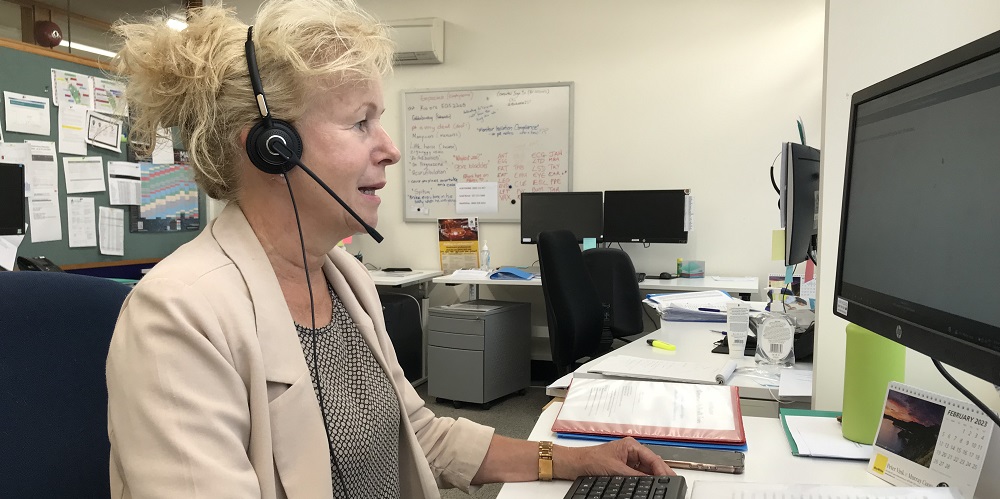General
Clinical Hub offers safety net for unenrolled patients discharged from hospital
A safety net has been put in place across a gap in the system thanks to innovative work by the Mahitahi Hauora Clinical Hub team.
Unenrolled patients who are discharged from hospital are at higher risk of missing follow-up care because they lack a GP.
Working with Te Whatu Ora, the Clinical Hub team arranged for unenrolled patients discharged from Northland’s three hospitals to be referred to the Hub daily, seven days a week. The team triage the referrals to identify patients who may need further support, contact them to introduce the Clinical Hub service and discuss their circumstances to find out if they need help.
Mahitahi Hauora Network Support Manager Cristina Ross says the intervention grew out of the Hub’s experience caring for unenrolled patients with COVID-19.
“We know there’s a significant number of people in Northland who aren’t enrolled with a GP, and it makes sense that unenrolled patients who’ve been in hospital would need ongoing support.”
Clinical Hub Lead Nurse Gaelyn Sinclair says patients appreciate contact from a healthcare professional soon after their discharge.
“We try to contact patients within 24 hours of discharge to do a general check on how their recovery is going, whether their medications and pain relief are working, how any wounds are, and to answer any questions or concerns they have,” she says.
If the patient’s needs are complex, the Hub team do everything they can to find them a GP. The team also assist patients to get enrolled with a GP if they are new to the area, do not understand the healthcare system, or have just not registered with a GP for other reasons.
Since the intervention began in November last year, 48 unenrolled patients discharged from hospital have been referred to the Clinical Hub. Of these, 26 patients (54%) were supported to enrol with a general practice.
The team also step in to coordinate care by other agencies to ensure patients’ needs are met.
“We had one patient who was discharged from hospital with a brain mass. He was referred to a specialist in Auckland, but he had no way of getting there and no GP. We helped him to find a GP in his local area and get enrolled, then we connected him with a transport agency that provides financial assistance for patients who need to travel and find accommodation for medical procedures. With this support, the patient was able to attend the specialist appointment,” says Gaelyn.
“We also worked with the Cancer Society to arrange care for a patient who was discharged from hospital with cancer. The patient had high needs, including an infection that needed to be treated before he could start chemotherapy. We arranged for the patient to have a casual appointment with a GP, and the Cancer Society nurse contacts us whenever the patient needs help from a doctor.”
